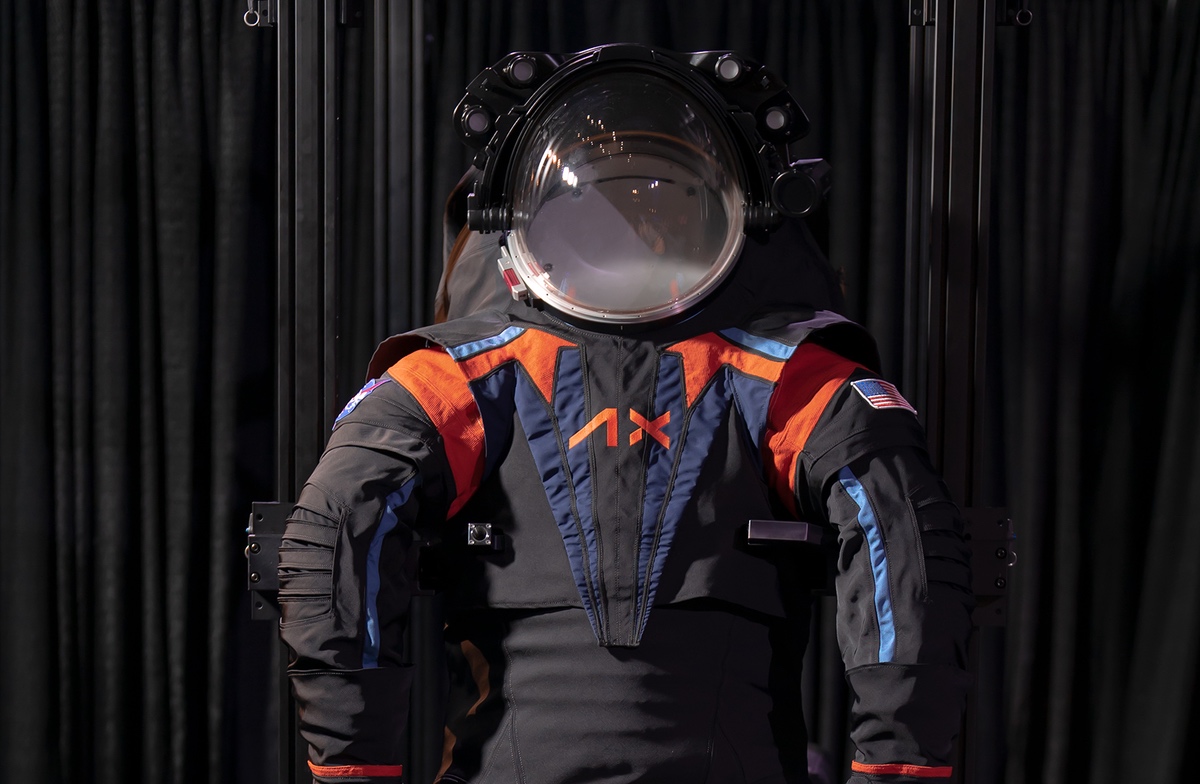WASHINGTON — NASA awarded task orders to two companies already working on spacesuits for the International Space Station and Artemis missions to develop alternative versions of their suits.
NASA announced July 10 that it issued task orders valued at $5 million each to Axiom Space and Collins Aerospace to begin design work on alternative versions of their suits already in development. Axiom’s task order begins work on a version of its suit for the ISS while Collins will begin design of a suit intended for moonwalks.
NASA awarded contracts to the two companies in June 2022 through its Exploration Extravehicular Activity Services program to support development of new Artemis and ISS spacesuits. NASA would then acquire spacesuit services rather than the suits themselves, effectively renting them versus owning them.
The contracts, though, required the companies to compete for specific task orders for spacesuit development. NASA awarded one task order to Axiom Space in September 2022 to develop an Artemis spacesuit, valued at $228.5 million. It awarded another to Collins Aerospace in December 2022 for an ISS spacesuit, valued at $97.2 million.
The companies will use the new “crossover” task orders to adapt the suits they are developing for one application to the other. NASA said in a statement that, after completing initial design work, the agency will then consider exercising options for further suit development.
Doing so, the agency said, provides redundancy by having a backup suit for both the ISS and Artemis missions. “Using this competitive approach we will enhance redundancy, expand future capabilities, and further invest in the space economy,” said Lara Kearney, manager of the Extravehicular Activity and Human Surface Mobility Program at the Johnson Space Center.
The awards may also more closely align with the companies’ plans. Axiom, which won the original task order for lunar spacesuits, is also developing a commercial space station that may require spacewalks either for maintenance or to serve customer requirements. Collins, which won the ISS suit task order last December, had earlier emphasized its work on lunar spacesuit designs.
“We are excited to add our orbital spacesuits as an option for NASA,” Mark Greeley, EVA program manager at Axiom Space, said in a company statement. The company said work on a low Earth orbit version of its spacesuit is already underway.
“Our next-generation spacesuit design is nearly 90% compatible with a lunar mission,” said Dave Romero, director of EVA and human space mobility systems at Collins, in a company statement. “This formal contract award will support continued efforts to modify our next-generation spacesuit, making it suitable to tasks on the moon.”
Axiom said that the full value of this new task order, if all options are exercised, is $142 million over four years. Collins did not disclose the full value of its task order.
